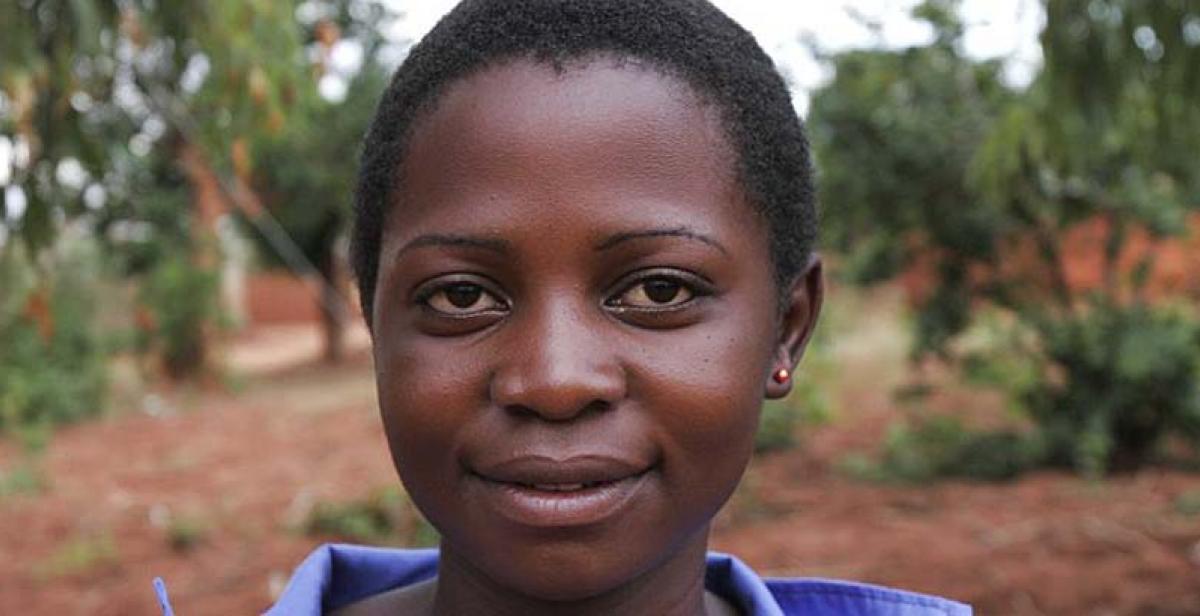Six years ago, at the age of sixteen, I was comfortably living at home with my older sister and two younger brothers. I was fortunate enough to not only have loving parents that supported me financially but who also guided me through my teenage years. Having just started my GCSE’s, I was doing very well at school with the prospect of going to college to further my education. I had a trouble-free life with my main concerns revolving around my friends and boyfriend, that when looking back, felt like serious issues but in actual fact were trivial teenage problems.
This life could not have been more different from that of Rabecca Munthani. She grew up in Chitipa, Malawi, with her brother and mother; the family was very poor and has always lived with financial uncertainty. At the tender age of fifteen she was forced to go and find a husband who could support her, as her mother no longer could. Her first year of marriage was a year full of violent sexual abuse; she wasn’t even given the financial security she hoped for and had to drop out of school to care for her husband. After a year of staying in this cruel marriage, for not wanting to be a burden on her mother, she gave birth to her daughter Theresa at the age of sixteen. Just a month after the birth, her abusive drunken husband chased them out of the house. Having nowhere to go, she went back to her mother who still couldn’t support her and sent her to live with her elderly grandmother in Ekwendeni. Theresa is now three and Rabecca is fortunately back in school and is studying in Form Three; this is all paid for by another relative and, although she is stable for now, she has no steady income and is without the security I took for granted whilst growing up. When asked to describe her situation in her own words she said:
“I am Rabecca Munthani. I am 18 years old. I was married when I have 15 years old and I have a daughter, Tele. I was married because our family is poor. I dropped out of my school because my parents were very poor. They told me that they couldn’t fund school fees and things which can help me with my education. So they told me, go and find a husband who can help us with things. But I found that marriage can’t solve my problem. My problem won’t end unless I go back to school and educate myself so that maybe I will find a job, which will help me and my parents.”
At the age of sixteen, girls like Rabecca shouldn’t have to face problems such as having an abusive and violent husband and wondering how she can provide food for her daughter’s next meal. Early child marriages are a violation of human rights with one in three girls, in the developing world, being forced to marry under the age of eighteen simply because their family don’t have enough money to support them. Rabecca shouldn’t have had to stay with such a horrible man, simply so she has somewhere to live. More needs to happen to prevent girls, just like Rabecca, from losing their childhood overnight. She should have had teenage worries about friends and school rather than that of the survival of her daughter.
Written by ICS volunteer Ellie Craven-Todd



